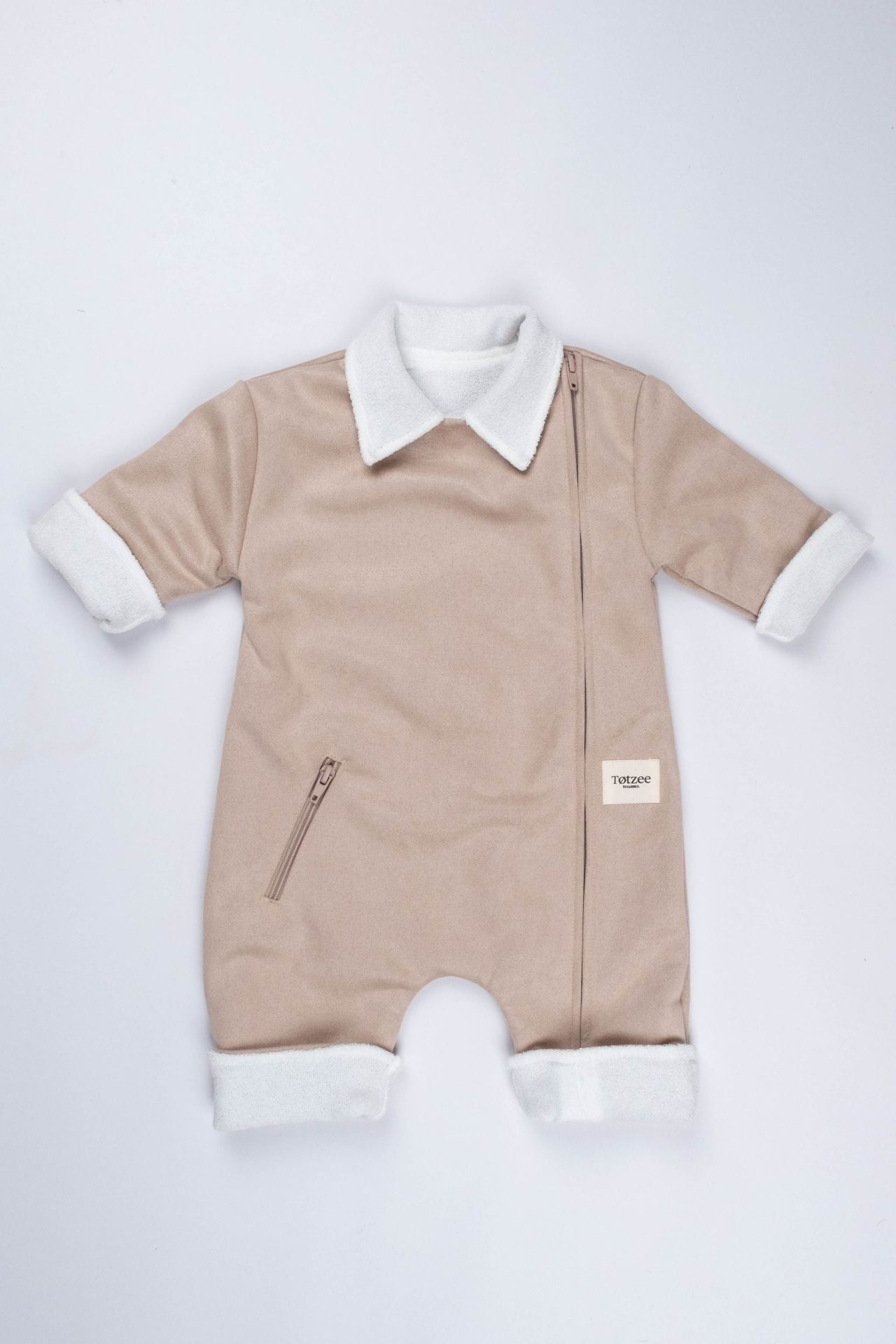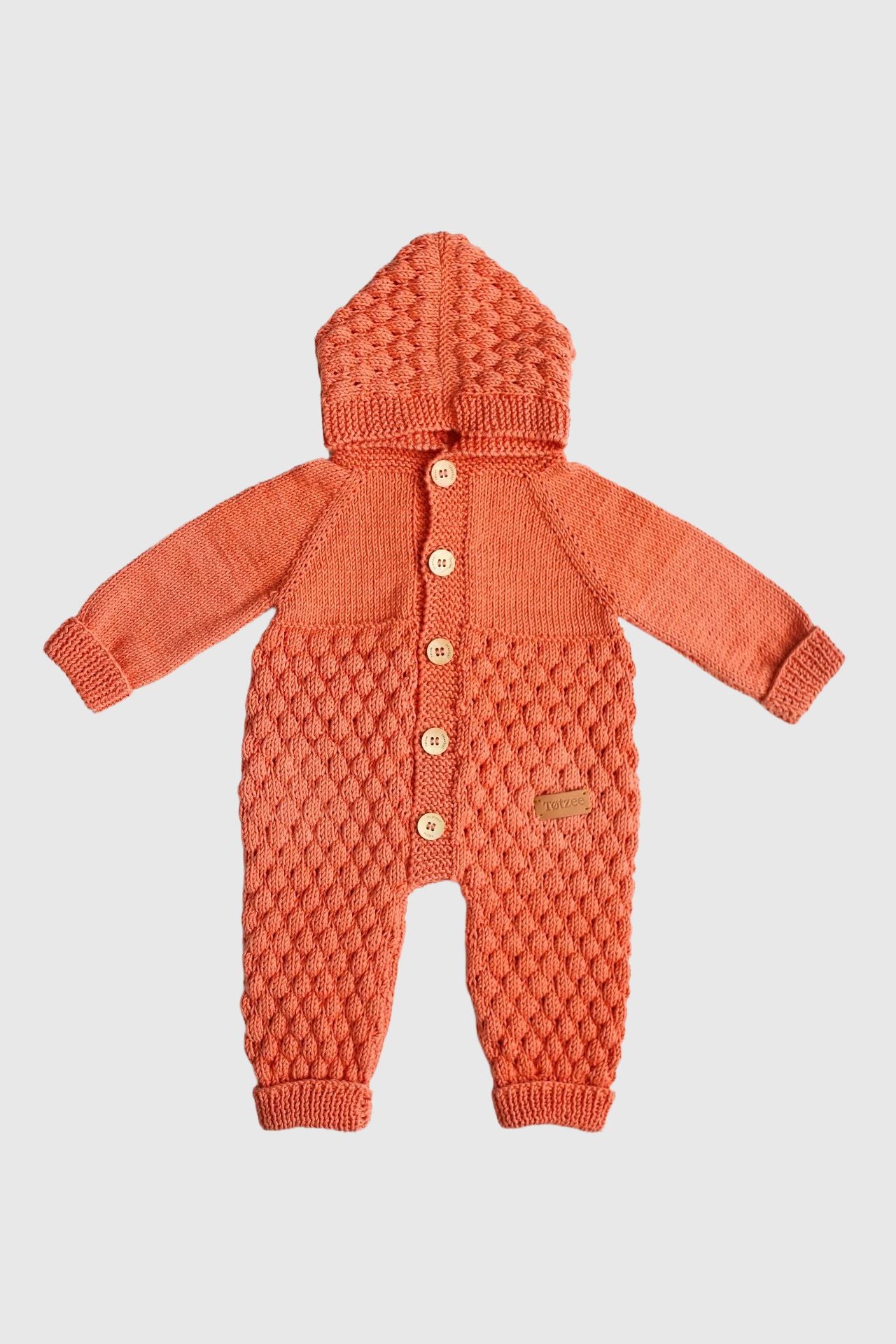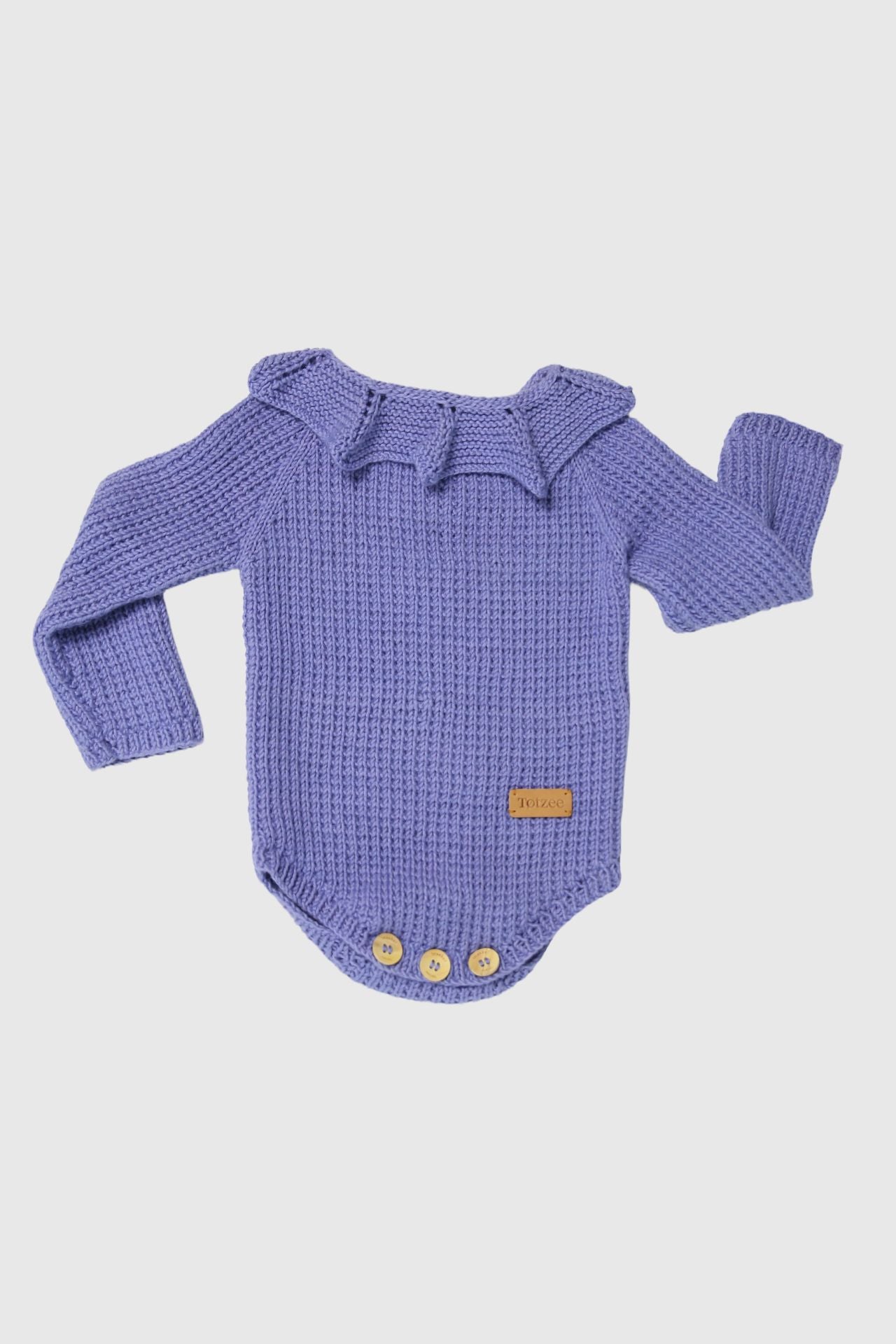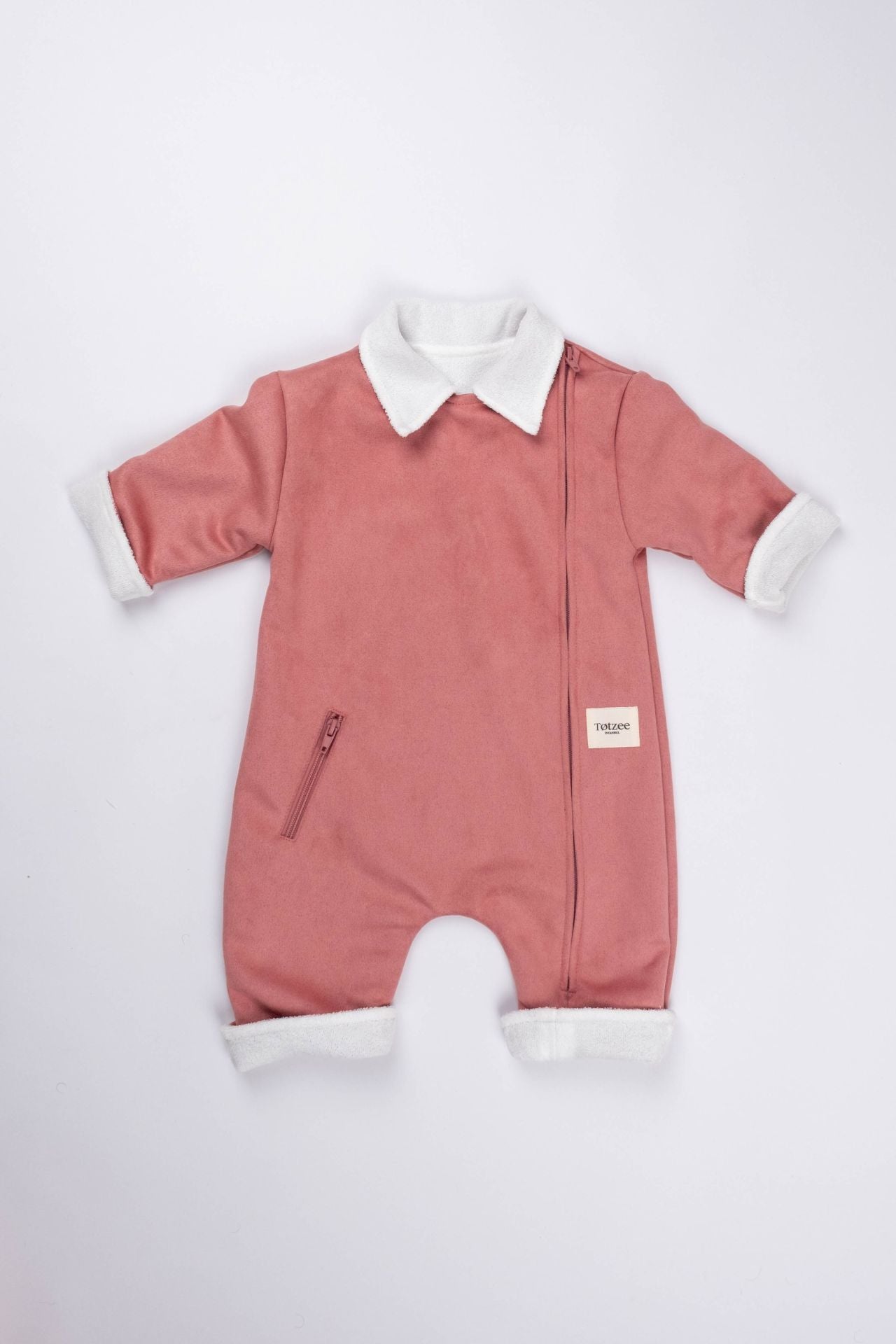
Monthly Baby Development: 4-Month-Old Baby Development
4-Month-Old Baby Sleep
This month, your baby's sleep pattern becomes more defined. A four-month-old typically sleeps longer at night, with shorter, more regular naps during the day. However, some babies may experience 'sleep regression' this month, a developmental stage that can lead to more frequent awakenings. Don't worry, this is temporary, and proper sleep routines can help your baby return to a regular sleep schedule. Soft light and a calm environment are ideal for preparing your baby for sleep.
If your baby has sleep issues, check out our article "Reasons Why Babies Can't Sleep."
4-Month-Old Baby Teething
At four months, some babies may start to get their first teeth. This process varies for each baby and can be painful for some. You can try gently massaging your baby's gums to provide relief. Also, cooled teething rings can be quite helpful during this time. If your baby's pain is severe and they are restless, it's beneficial to seek advice from a pediatrician.
4-Month-Old Baby Weight
During this period, your baby's weight continues to increase healthily. Typically, they are expected to reach twice their birth weight. However, each baby is different, and weight gain rates can vary. Regular doctor check-ups are essential to monitor your baby's development. Healthy eating and an appropriate feeding schedule can help maintain your baby's ideal weight.
4-Month-Old Baby Care
Caring for a four-month-old can be challenging, especially for new parents. At this stage, babies start to move more and show greater interest in their surroundings. Daily bathing routines, skin care, and proper dressing keep your baby healthy. Additionally, you can try different toys and activities to support your baby's development. As parents, understanding your baby's needs and providing a suitable environment is important.
4-Month-Old Baby Physical Development
A four-month-old baby typically holds their head better and can lift their legs while lying on their back. During this period, your baby's motor skills develop rapidly, and they begin to explore the world around them. Introducing different textures and colors to your baby supports their sensory development. Also, your baby's vision and hearing abilities continue to improve, so toys with various sounds and colors are very beneficial.
4-Month-Old Baby Clothes
As your baby grows quickly at this stage, it's normal for clothes to become small rapidly. Choosing comfortable and easy-to-wear clothes for a four-month-old is important. You should opt for cotton and breathable fabrics, selecting garments that keep your baby warm but not overheated. Also, choosing season-appropriate clothing is important; extra layers for cold weather and lighter clothes for warm weather are ideal.
Check out our comfortable and stylish clothes designed with your baby in mind.
4-Month-Old Baby Feeding Frequency
A four-month-old baby typically feeds 4-6 times a day. However, every baby is different, and some may prefer more frequent or less frequent feedings. During this period, some parents may consider transitioning to solid foods, but this decision should be discussed with a pediatrician beforehand. Breast milk or formula milk covers most of a four-month-old's nutritional needs and is crucial for healthy development. Observe your baby's appetite and reactions to adjust their feeding schedule accordingly.
Share








